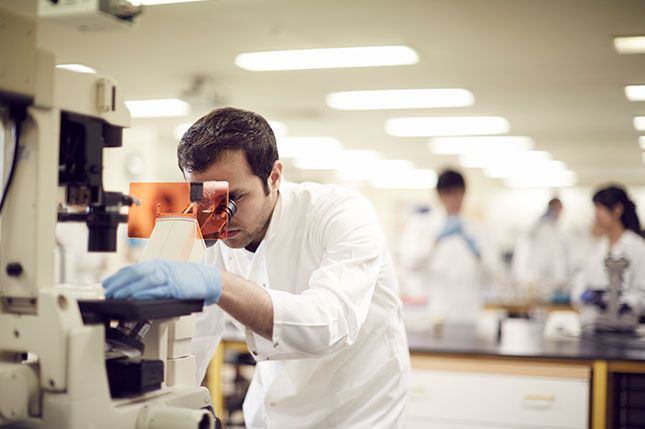
Drug Discovery
Through target identification, design, and characterisation of small molecules or prodrugs, and their pre-clinical development.
Close
The John Dawson Drug Discovery and Development Research Institute mission is to translate knowledge and innovations from laboratory research to the development of novel therapies and products, and their evaluation in clinical practice.
The University benefitted from a generous, multi-million-pound donation from John Dawson, a former student and pharmaceutical entrepreneur, which facilitated creation of the John Dawson Drug Discovery and Development Research Institute in 2023. The Institute is housed in the The John Dawson Sciences Complex.
The Institute is strategically positioned to facilitate research translation through innovative partnership working with industry and the NHS, and brings together expertise in clinical, laboratory, and data science to address issues of local, national and international importance which align with the priorities of external funding bodies.
The Institute encompasses translational research across four workstreams:

Through target identification, design, and characterisation of small molecules or prodrugs, and their pre-clinical development.
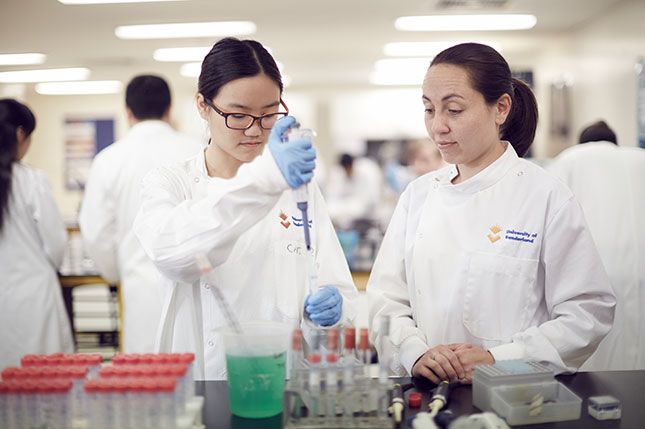
Identification, development, and validation of biological markers and tests to diagnose or monitor disease.
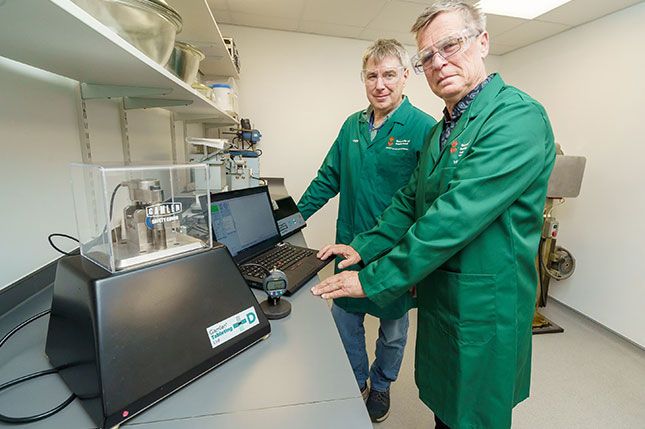
Development of targeted delivery methods and technologies to improve pharmaceutical manufacturing processes.

Development and application of machine learning tools for biomarker discovery, early disease detection, and discovery of novel drugs and drug targets.
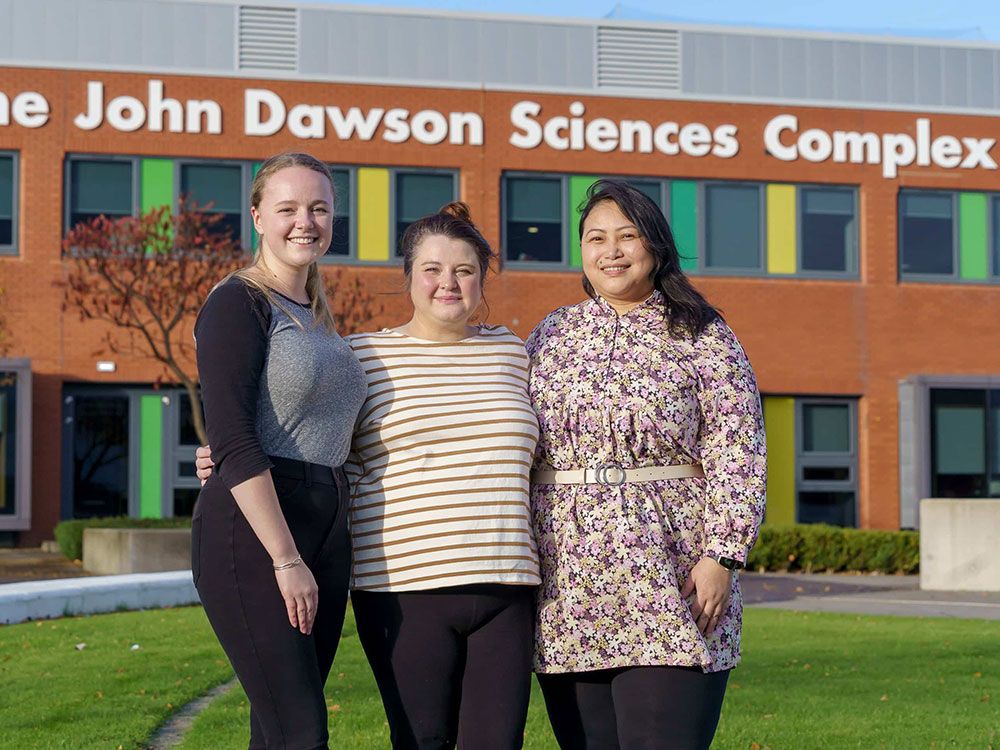
The John and Sam Dawson PhD Scholarship Programme was established to support the ongoing sustainability of the research institute, invest in the career development of young scientists, and in students who will be future advocates for the University.
Our first Dawson Scholars and their research topics are:
Development of novel prodrugs for the treatment of rare kidney diseases.
Principal Investigator: Dr Stephanie Myers
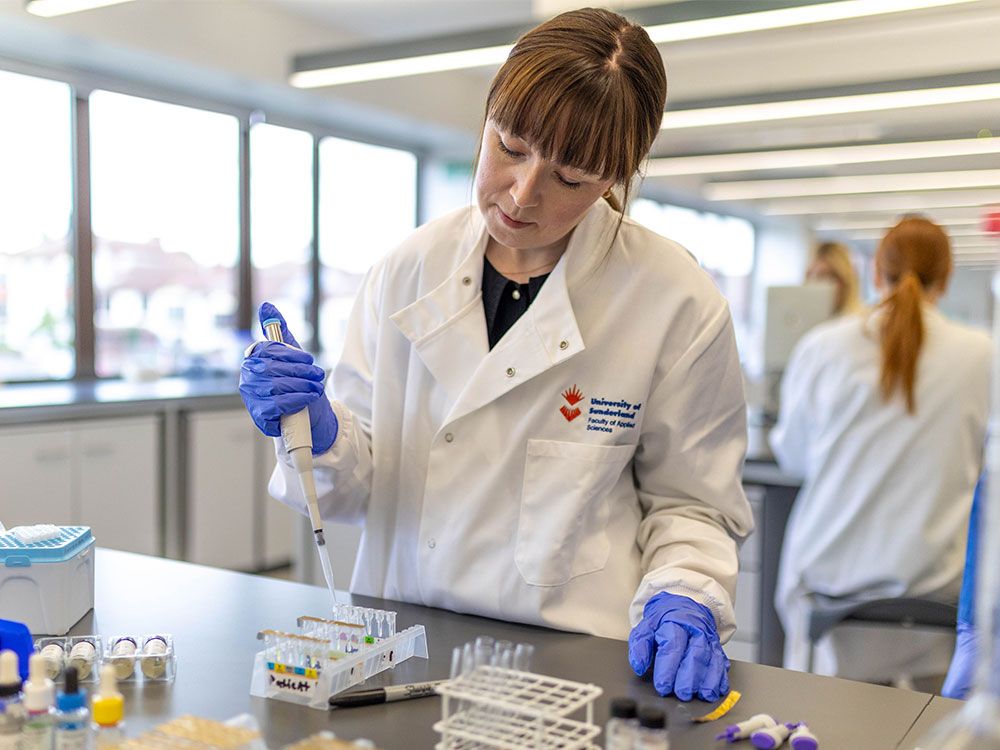
Metabolic enhancements for chimeric antigen receptor (CAR) T cell therapies, towards improved efficacy in solid and haematological malignancies.
Principal Investigator: Dr Jane Falconer
Harnessing Soil Metagenomics for the Discovery of Novel Antibiotics.
Principal Investigator: Dr Nick Allenby
Our PhD Studentships are open to recent graduates or final year undergraduates who have, or expect to achieve, a degree equivalent to at least a UK 2:1 degree in a relevant subject. A related master’s degree is also an advantage.
Funded PhD studentships will be advertised here when available.
The University has been successful in securing a prestigious UK Research and Innovation/MRC Impact Accelerator Account (IAA) award. The IAA supports proof-of-concept studies designed to accelerate the translation of research that aims to improve healthcare to the point where significant national academic and/or commercial funding can be secured.
The fund is part of the UKRI IAA funding programme 2022-2025.
The University of Sunderland IAA award will fund projects of up to £60k for 6-12 months, and projects should clearly address an unmet clinical need.